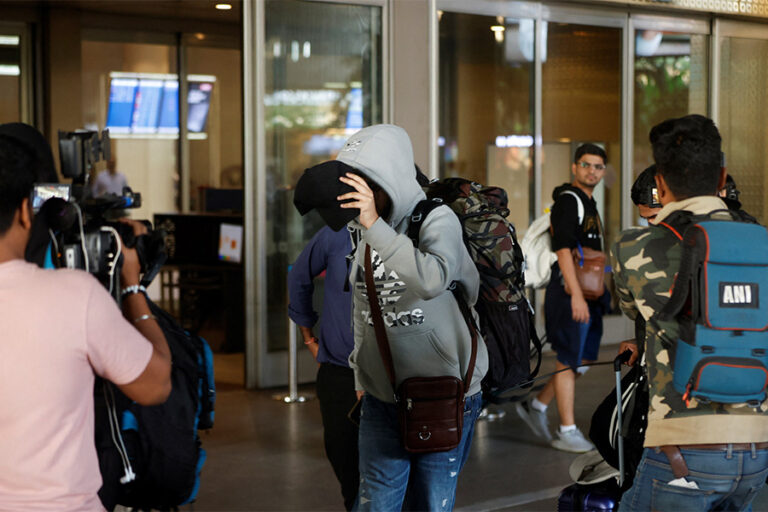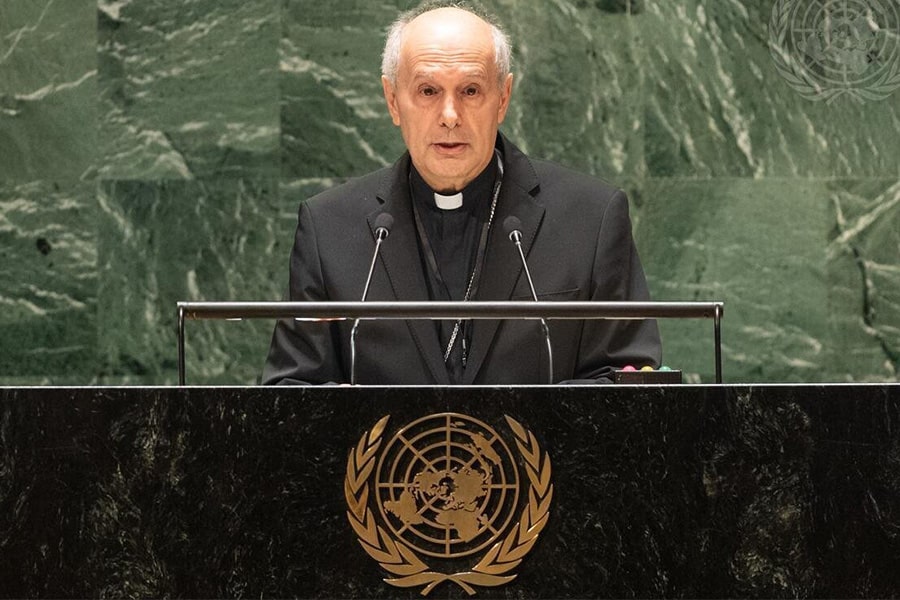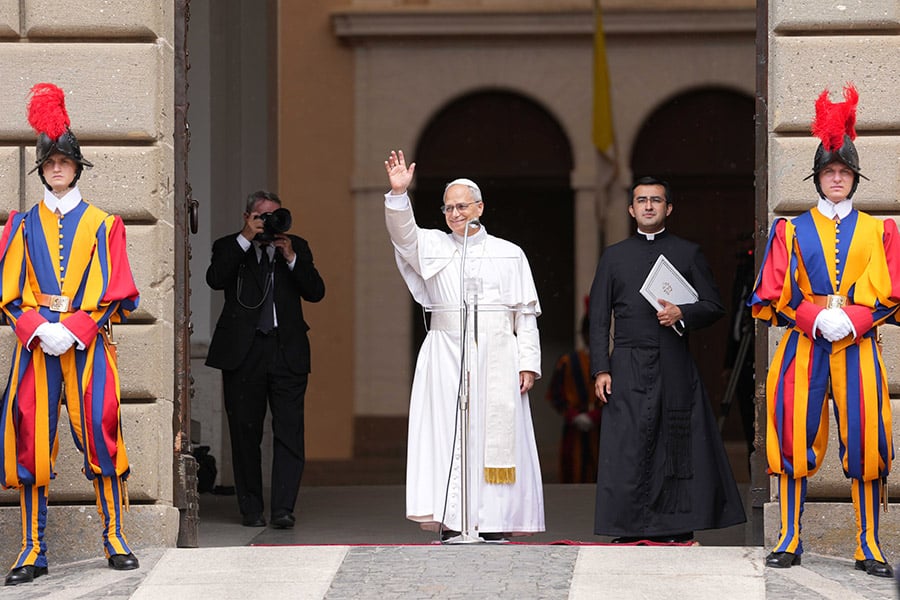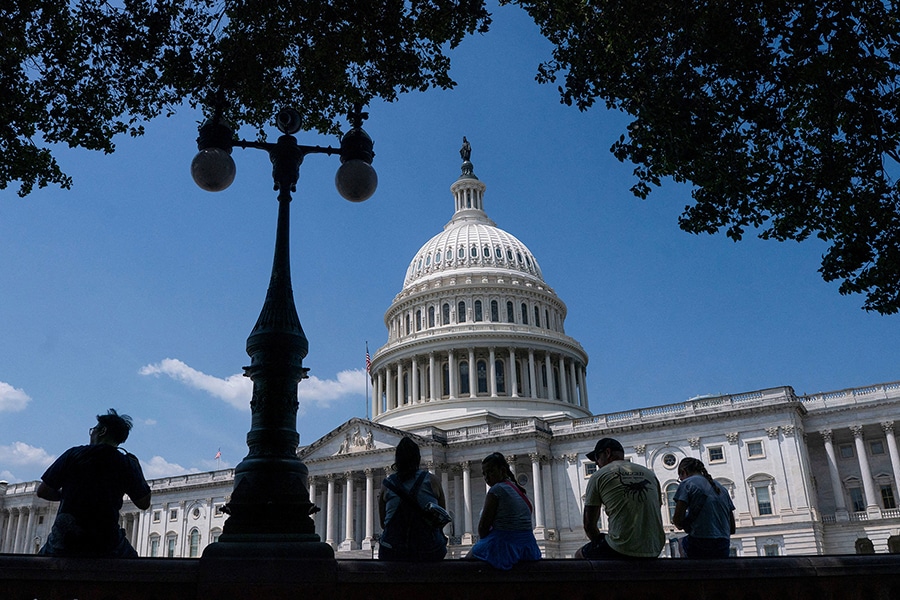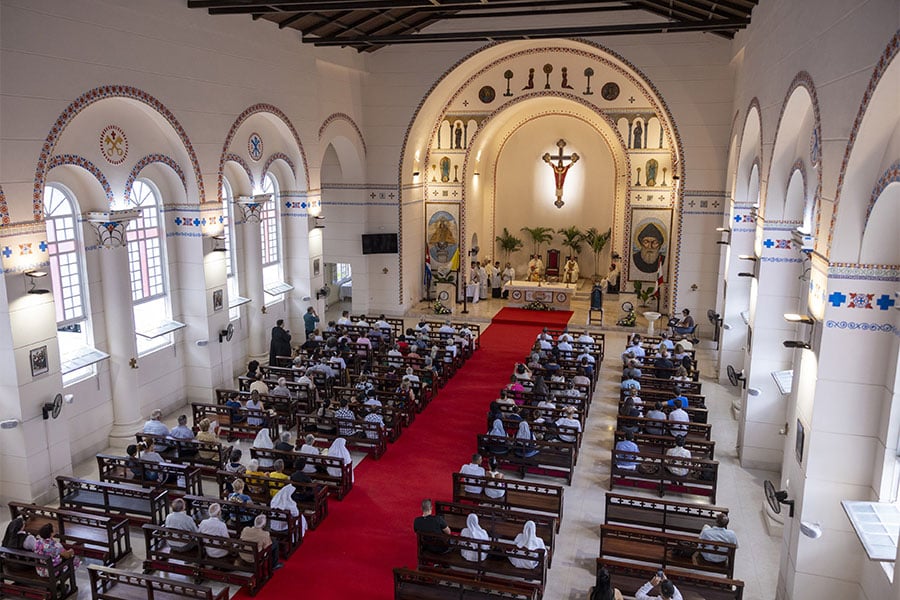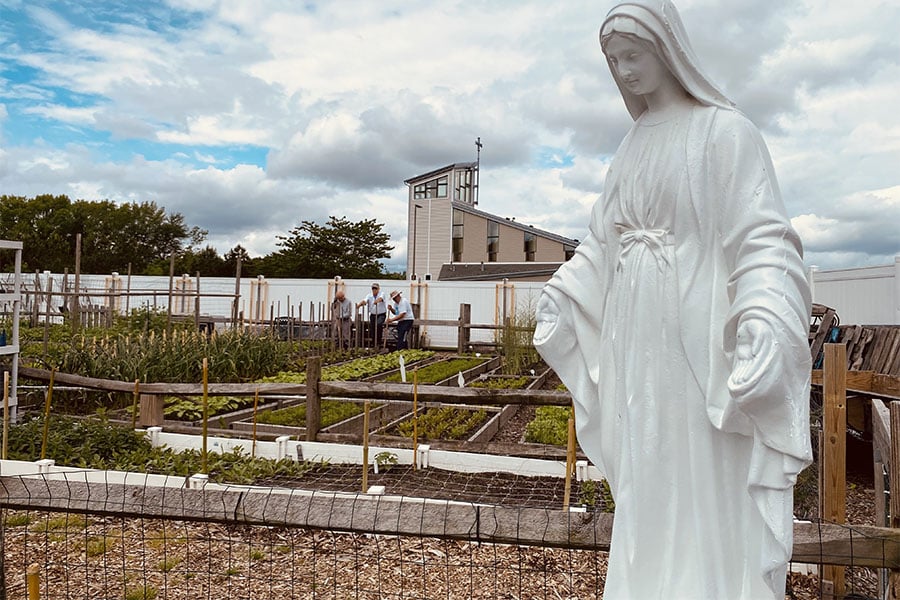WASHINGTON (OSV News) — Ask women religious leaders on the front lines of the fight against human trafficking and the exploitation of cheap migrant labor, and you hear less about government programs and more about educating the migrants.
“It can happen to anyone anywhere,” Maryknoll Sister Abby Avelino said at a March 6 webinar sponsored by Georgetown University’s Institute on Catholic Thought and Public Life. She is the international coordinator of Talitha Kum, the International Network of Consecrated Life Against Trafficking in Persons.
“(It) is horrendous — a big crime against humanity,” said Sister Patricia Ebegbulem, a Sister of St. Louis, who operates a shelter for trafficking victims in Nigeria.
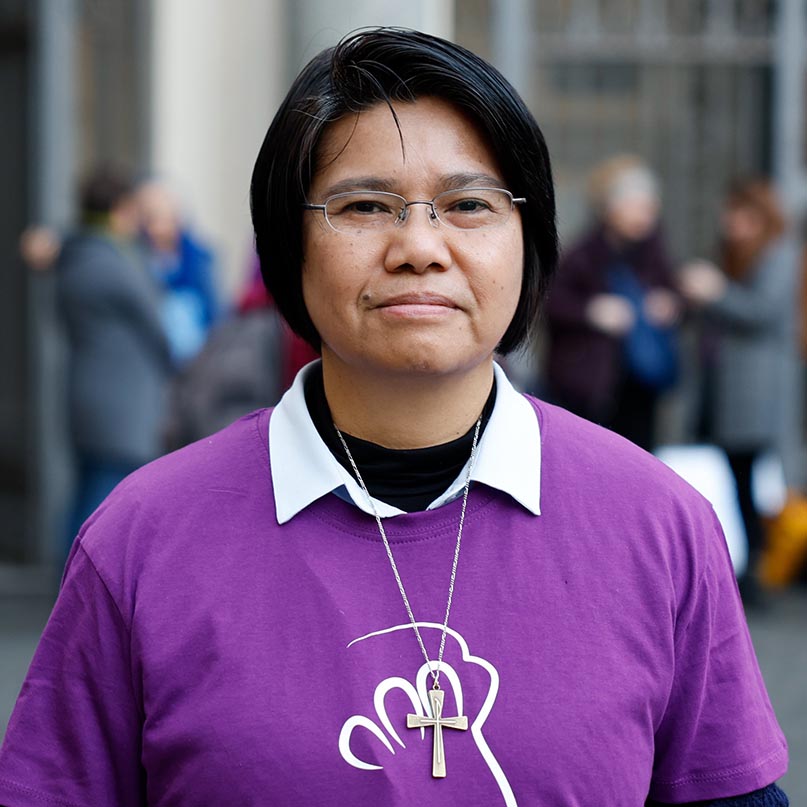
Sister Licia Joseph, a Sister of Mary Immaculate, who has served on the Canon Law Council of the International Union of Superiors General, called it “the modern form of slavery.”
She observed that in South India, there are young men who are “trained to fall in love with a Catholic girl” and they elope. “The next action,” she said, is the man changes her religion to his or “allow someone else to marry her, and again sell her, re-sell her into brothel houses. That’s the saddest part of it.”
These are not naive teen girls either, she added. “These are educated women, educated girls.”
Most exploited factory labor from trafficked migrants involves the manufacture of electronics, including cell phones.
It is difficult to get members of the public to notice the situation and take action, said Katie Boller Gosewsich, executive director of the Alliance to End Human Trafficking. Her group is a collaborative, faith-based national network that offers education and access to survivor services.
“If something looks out of place or not quite right … I think people are hesitant to approach law enforcement or nonprofit organizations that can maybe help, because they’re worried about getting it wrong,” she added. “I think it is super important for everyone to understand that education is incredibly powerful.”
“Human trafficking is really a process,” said Sister Abby. She used as an example a woman she’s known who was working a low-wage job in the Philippines but ended up being exploited in prostitution when she was taken to another country. “They never know where they are.”
“People move because they would like to find a better life — because their life feels threatened” by political conflicts, she said. “Sometimes, these women, you’re just lucky if you’re able to trace this person.” One in four, she observed, are children.
“There’s nothing wrong with migration,” said Sister Patricia. “Most of us are migrating all the time.”
She advised would-be migrants, “Make sure you’re migrating properly with the correct documents so people don’t take advantage of your vulnerability. Make sure you know exactly where you’re going. Traffickers are very, very cunning. They’re criminally cunning.”
Sister Licia said young, illiterate migrants in search of more money usually fall prey to a trafficker’s promise of “easy money, better pay and a comfortable life” and offers of as little as $100.
She said agents for traffickers promise mothers the equivalent of a dowry to enable their daughters to get married. “But then the poor children are sold into brothel houses.”
The terrifying result can be “cheap labor, prostitution and also removal of organs” such as kidneys,” she said.
“Our main work is going house to house,” Sister Licia added. “We instruct, especially the mothers. It’s easier to get mothers in our hand than the whole family in our hands when we visit. … We counsel them and teach them the importance of the dignity of the girls, (the) importance of educating them.”
Catholic social teaching about human dignity is always at the core, said Sister Patricia. “We call them treasures. We don’t refer to them as victims. We don’t refer to them as survivors. … We tell them that nothing happens by chance. God has a reason for directing them to us.”
In January, Sens. Josh Hawley, R-Mo., and Richard Blumenthal, D-Conn., introduced bipartisan legislation to make human traffickers pay for their crimes in court and prevent victims from having to endure a forced arbitration process. But so far, that bill is stalled in the Senate.
Read More Social Justice
Copyright © 2024 OSV News

